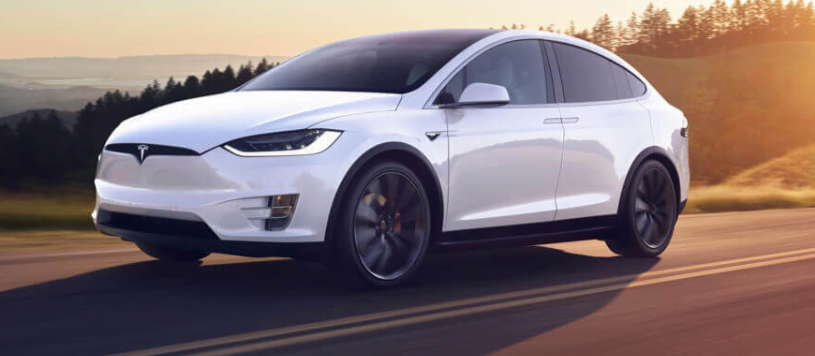Several companies are bringing groundbreaking car tech to the CES happening now in Las Vegas. To wow investors and analysts, companies are also presenting concepts for future products. Yesterday, Hyundai presented their brand new concept of a walking car.
The “Elevate” is a car with the capability of navigating rough terrain at a seemingly unimpressive speed of 3mph. But the cool part is that the car accomplishes this by using robotic “legs” instead of tires. It can activate its legs when encountering terrain that it cannot get through on wheels.
Hyundai showed off a just a small model at CES with the tagline “beyond the range of wheels.” The vehicle has been under development for around three years.
A Godsend for First Responders
According to Hyundai, the main purpose of the “walking car” is providing active and feasible transportation for first responders. When natural disasters strike, for example, a car with legs could be the difference between life and death. The vehicle could potentially save people during forest fires, tsunamis, earthquakes, and floods.
John Suh, the Hyundai vice president, said at the CES 2019:
“When a tsunami or earthquake hits, current rescue vehicles can only deliver first responders to the edge of the debris field. They have to go the rest of the way by foot. Elevate can drive to the scene and climb right over flood debris or crumbled concrete.”
Other than maintaining a speed of 3mph (5km/h) in rough terrain, Elevate can also climb a 5ft (1.5m) wall. This walking car can even use its legs to jump over a 5ft gap. It can achieve all of this while keeping passengers level to the ground. After use, the legs can fold back into the body, enabling the driver to run it on a highway at the speed of a normal car.
There are many other potential uses for the Elevate. According to Hyundai, it could also be helpful for wheelchair-bound people. This vehicle would be able to reach them at normally inconvenient locations. Suh also hinted at a future with autonomous walking vehicles:
“This technology goes well beyond emergency situations – people living with disabilities worldwide that don’t have access to an ADA ramp could hail an autonomous Hyundai Elevate that could walk up to their front door, level itself, and allow their wheelchair to roll right in – the possibilities are limitless.”
Even though Hyundai has revealed their innovative concept after three years of speculation, they have not announced when this concept might become a commercial reality.
The robotic legs of the Elevate car have five degrees of freedom, giving it both a mammalian and a reptilian gait. As a result of this freedom of movement, Elevate closely resembles the Transformers. But the downside is that, technically speaking, mass production of this car will be a huge challenge.
Talk about reinventing the wheel!




Share Your Thoughts